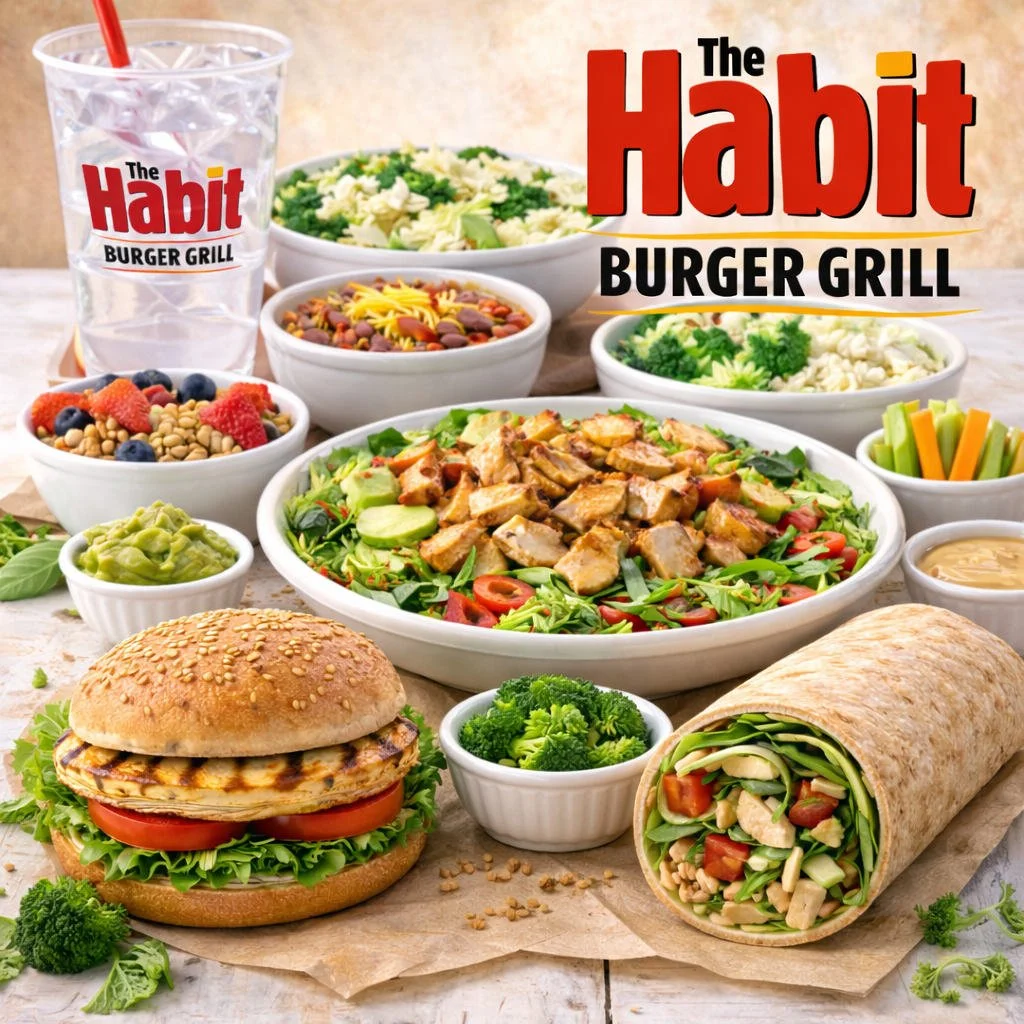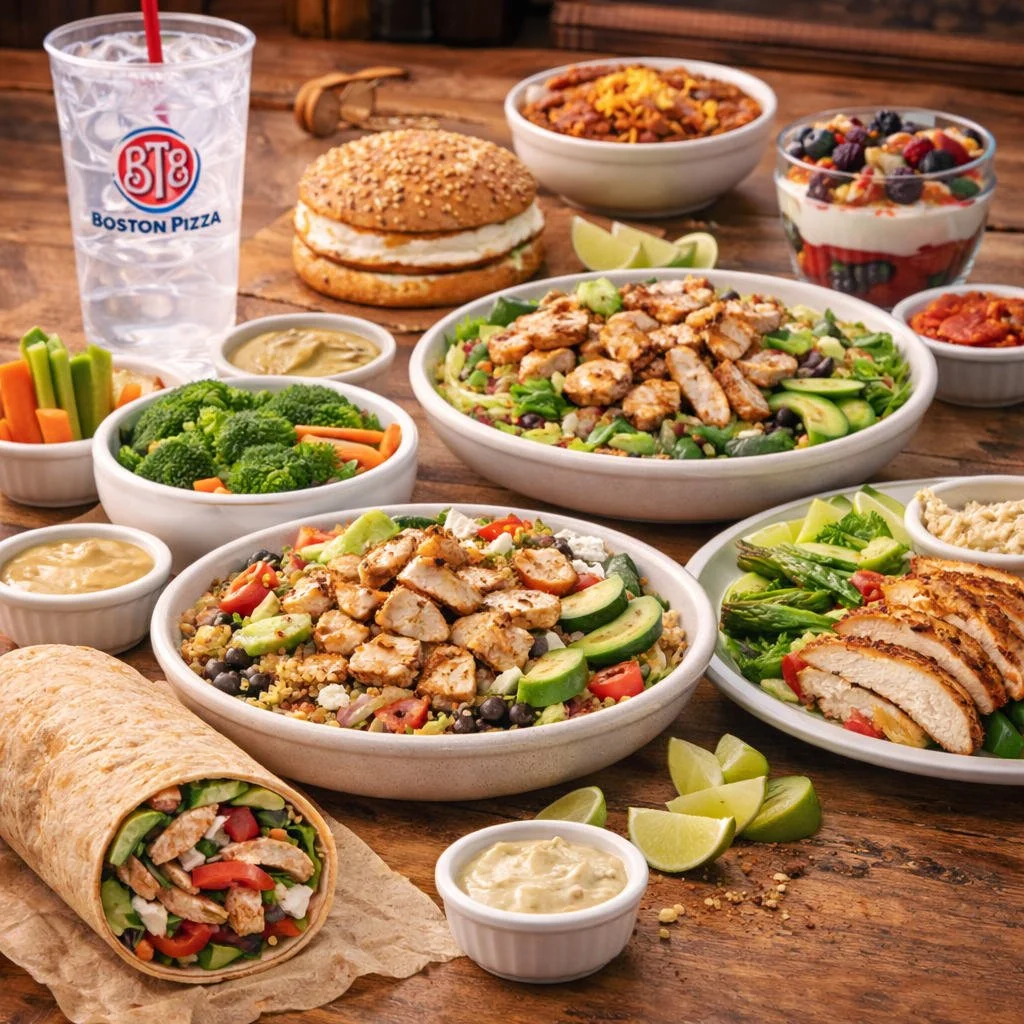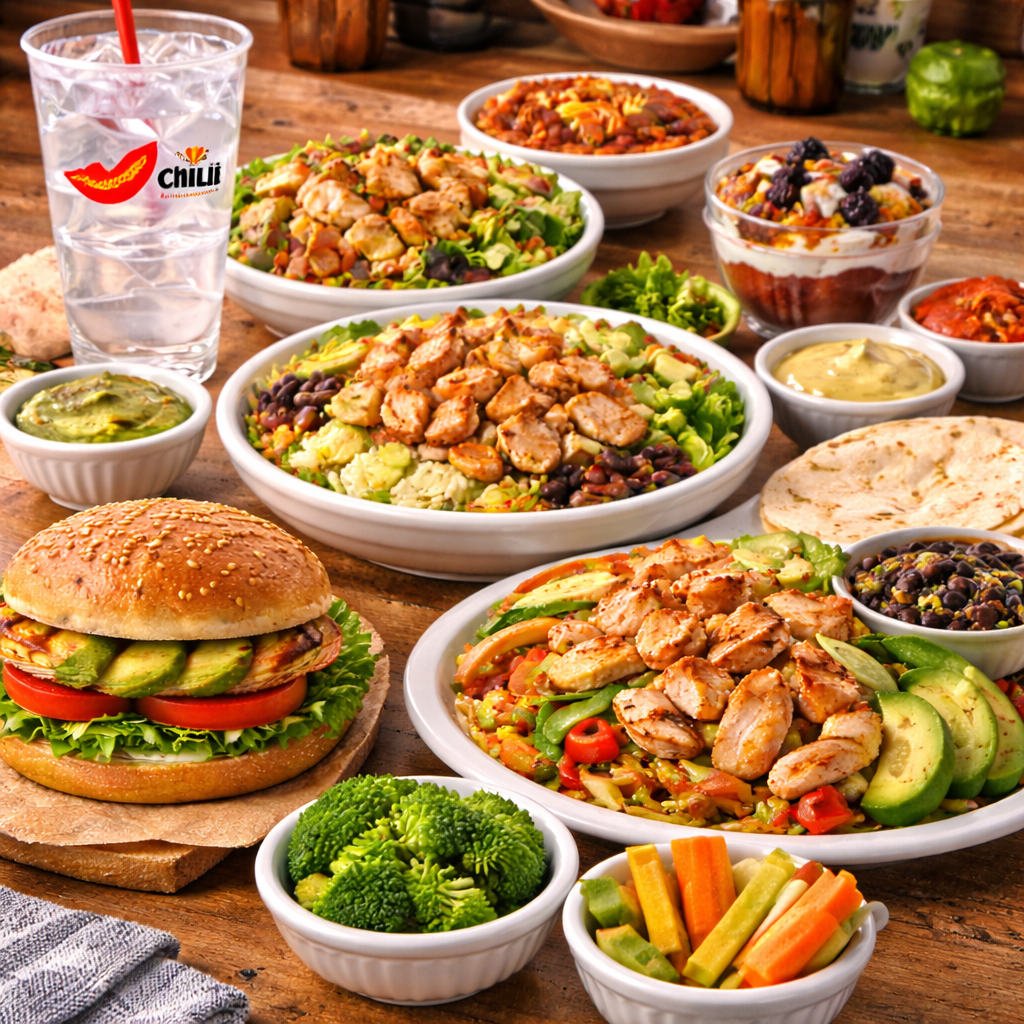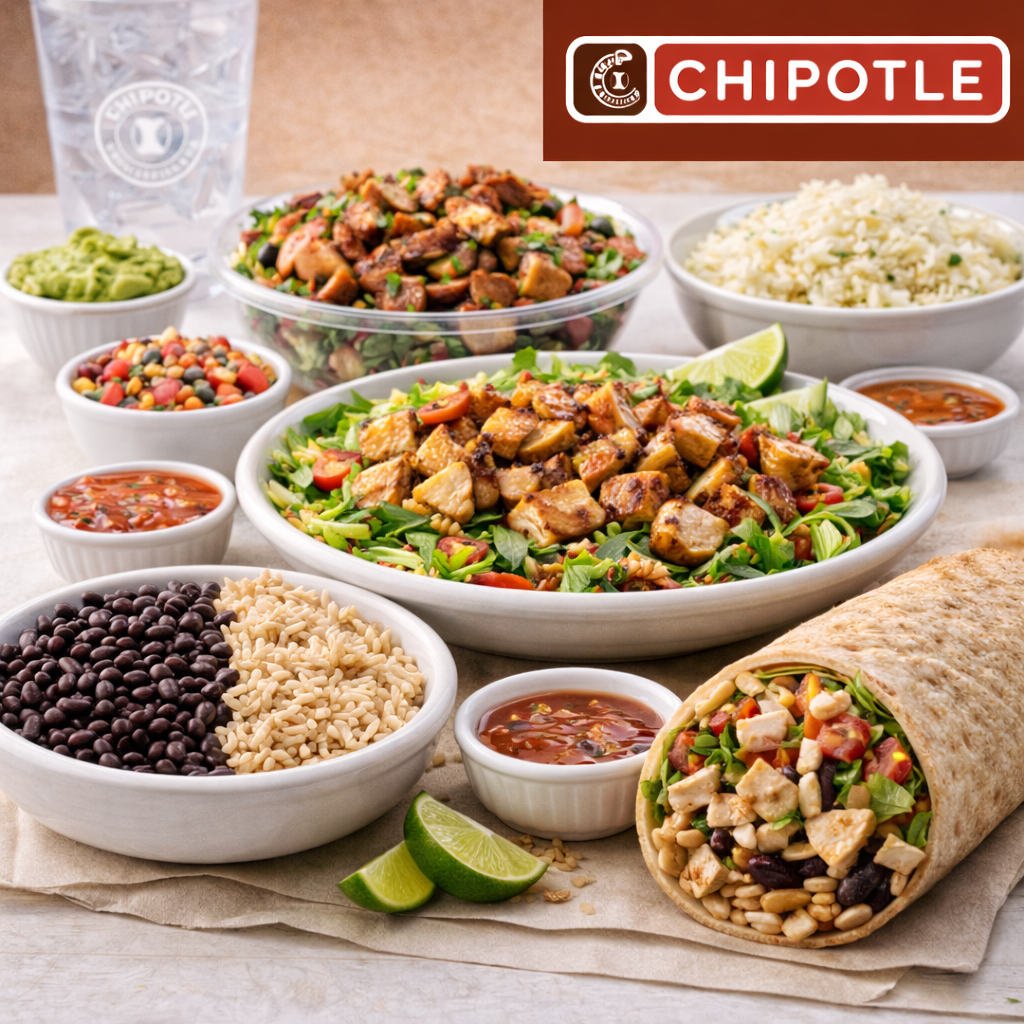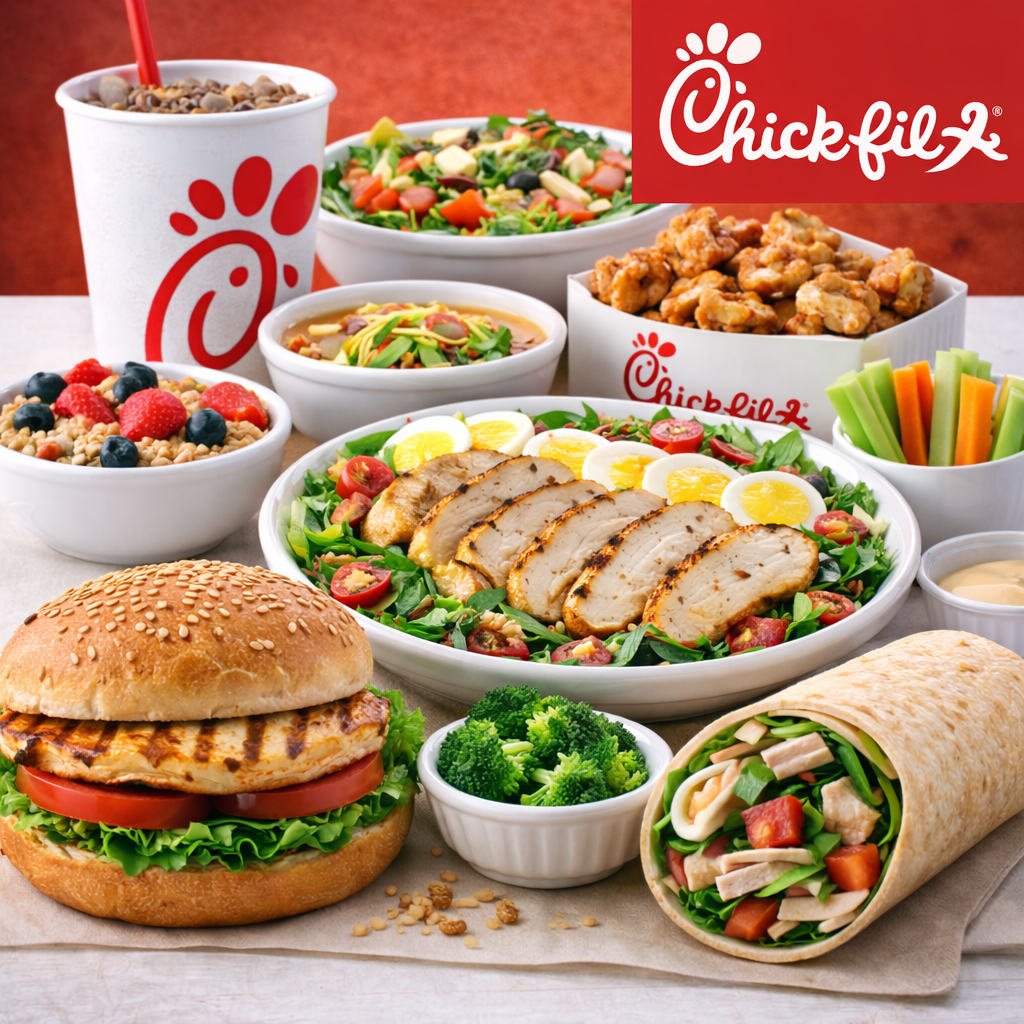Does ChatGPT Plus Really Give Better Answers?
In the world of AI, there's been a lot of buzz recently around ChatGPT Plus powered by GPT-4, the latest model developed by OpenAI. This iteration, with its ability to accept both image and text inputs and emit text outputs, has been hailed as a significantly superior assistant compared to its predecessor, GPT-3.5. So, the burning question is, does ChatGPT Plus really give better answers? After using and analyzing both versions extensively, my answer is a resounding yes!
A Leap Forward in AI Capability
GPT-4, the advanced machinery behind ChatGPT Plus, has shown a noteworthy improvement in terms of factuality, steerability, and adherence to guardrails, thanks to OpenAI's six months of diligent iterative alignment. These improvements, coupled with human-level performance on various professional and academic benchmarks (including scoring in the top 10% on a simulated bar exam), make GPT-4 a significant step forward in AI development.
To provide a more relatable comparison, think of ChatGPT Plus as a highly competent writing assistant with a college education, while GPT 3.5 is more like a somewhat competent writing assistant with a high school education. When it comes to simpler tasks, both versions perform relatively similarly. However, GPT-4 starts to shine when the tasks become more complex and nuanced.
For instance, while GPT-3.5 can competently summarize text or write a few paragraphs on donkeys, GPT-4 can do these tasks and more, delivering outputs that are more creative, nuanced, and reliable. This higher level of sophistication makes GPT-4 a better choice for tasks that require deeper knowledge and understanding. But remember, its talents shouldn't be wasted on simple tasks, especially when its usage is capped at 25 queries every three hours.
Limitations and Strengths
Despite its remarkable advancements, GPT-4, like its predecessors, is not without its limitations. It can still "hallucinate" facts and make reasoning errors. It doesn't know about events occurring after its data cutoff in September 2021 and doesn't learn from its experience. It can sometimes make simple reasoning errors, accept false statements, or introduce security vulnerabilities into code it produces. However, it's important to note that OpenAI has made substantial efforts to minimize these limitations. GPT-4 has reduced hallucinations compared to previous models and scores 40% higher than GPT-3.5 on internal adversarial factuality evaluations. Moreover, safety improvements have led to a decrease in responses to requests for disallowed content by 82% compared to GPT-3.5.
Impact on Day-to-Day Life
One area where the difference between the two models is particularly noticeable is in everyday search queries. For example, if you ask both versions how long tuna lasts in the fridge once opened, the answer from GPT-4 is measurably better. It offers similar information to GPT-3.5 but also suggests transferring the tuna to a glass or plastic container. While this isn't ground-breaking advice, it shows GPT-4's superior ability to provide detailed and practical recommendations.
This is what you get when you ask Google how long tuna lasts in the fridge.
Here’s what you would get with ChatGPT 3.5 (the free model.)
With GPT-4 you get this.
Think of GPT-4 as a demigod that knows almost everything. It’s like a smarter Google that isn’t plagued with ads or webpages that have manipulated the search engine algorithms to rank them higher than they should be because their content is subpar. It's a useful tool that can help you stand out in a competitive environment.
Let's say you're preparing a resume or a presentation. You want the best output possible, right? With GPT-4, you get that extra edge, that tiny bit of finesse that can elevate your work to a higher standard. In an increasingly competitive world, it's these minute differences that can make a significant impact. If your competition is also preparing a resume with the help of GPT-4, and you both have a similar skill set/background, then that tiny edge of a measurably better resume might land them the job over you.
Strategic Use of AI
For those who are concerned about the query limit imposed on GPT-4, I've found a useful strategy is to keep two windows open and jump between them for different tasks. GPT-3.5 still performs excellently for simpler tasks, and its use can ensure that your GPT-4 queries aren't wasted on tasks that the previous model can handle effectively. However, remember that GPT-4 and GPT-3.5 cannot be used simultaneously.
GPT-4: A Step Towards the Future
With its advanced capabilities, GPT-4 is leading the way towards a future where AI can significantly influence society. OpenAI is well aware of this and is actively collaborating with external researchers to assess potential impacts. The organization has even gone as far as engaging over 50 experts to adversarially test the model in domains such as AI alignment risks, cybersecurity, biorisk, trust and safety, and international security.
OpenAI and Azure co-designed a supercomputer to support their deep learning stack, which was used to train GPT-4. The training was stable and predictable, a first for OpenAI's large models, demonstrating the team's success in building a deep learning stack that scales predictably.
Conclusion
To sum up, while both ChatGPT Plus and its predecessor have their strengths, the former offers a significant step up in terms of capability and sophistication. GPT-4, with its impressive factuality, creativity, and ability to handle nuanced instructions, provides a more effective tool for tasks that require a deeper level of understanding and detail. It's like having an AI demigod at your fingertips, ready to provide you with superior information and guidance, free from the clutter and manipulation that can sometimes plague traditional search engines.
The question isn't really whether GPT-4 gives better answers. That’s a resounding yes. It's how we can best utilize this advanced AI tool to elevate our work, make more informed decisions, and navigate an increasingly complex world. With careful and strategic use, GPT-4 can provide us with a significant advantage in a variety of professional, academic, and personal contexts. So, the next time you're faced with a complex query, consider turning to ChatGPT Plus – you might just find the edge you need.
Thanks for reading and don’t forget to follow us on Twitter.





